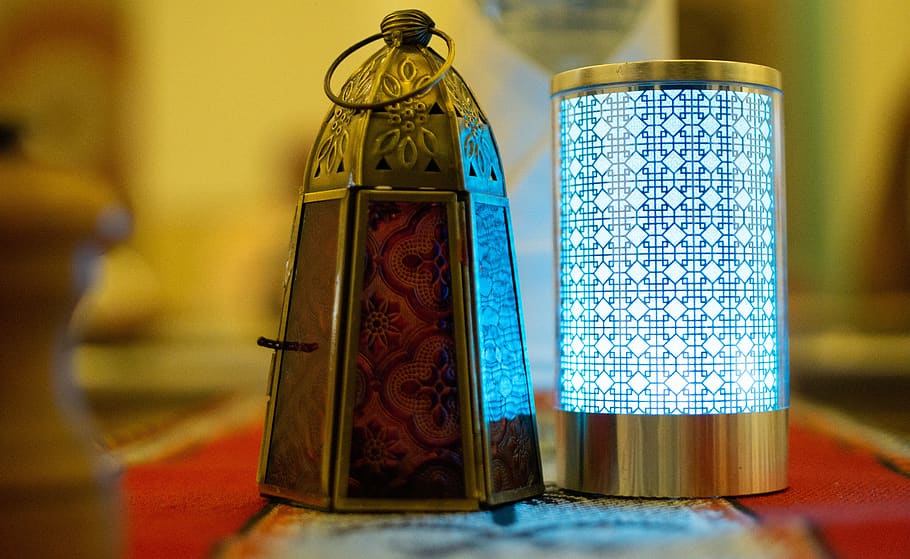This content was published: April 19, 2020. Phone numbers, email addresses, and other information may have changed.
Boundary Crossing: Humanity in the Age of Coronavirus
Bryan Hull
I was crying so much that I couldn’t see the ground before me. The trowel I held and the earth I was trying to dig – all a blur. 
I had been listening to a recent NPR piece on Pakistanis volunteering to aid those affected by the Coronavirus. As a volunteer, named Pirzada, hands out food to those starving in Islamabad, he states, “They’re in desperate straits … They will come close and they will try to grab onto you. You can ask them to stay at a distance, but it doesn’t work.” South Asia seems a world apart from my neighborhood in Portland, where I read long threads on the neighborhood site where people bicker about whether runners should announce their presence as they come up from behind an older couple walking or what a woman with her kids should or shouldn’t do in her front yard as pedestrians walk past her nonchalantly, ignoring the six foot social distance. While some postings acknowledge “we’re all doing our best,” many sound fearful, petty and small-minded. In sharp contrast, Pirzada hands out food to people who are starving, knowing those around him will not maintain a six feet distance. They will be sweating. They will breathe on him. Perhaps cough. Certainly, they will grab his arm, pulling him closer. He knows all of this will happen, and he also knows it is his duty to feed them in spite of these realities.
Ramadan is upon us. In the rigorous fasting, it is a time to remember what it is like to not have enough to eat. It is a time for humility and reflection.
For those of us who are not Muslim, perhaps Pirzada’s tale will remind us that we, as humans, both give when it endangers us and, at times, out of desperation, cross boundaries that others have erected for their own safety.
I cried in the garden because I found Pirzada’s words beautiful. But also out of a recognition that I am both the volunteer and the desperate one. I cry out of the shame and the pride that being both engenders. What else can a person do, after all, in this difficult time?
Bryan Hull is a Sylvania English Faculty who teaches Indian Literature, World Literature, and Introduction to Humanities. He has worked at PCC for over twenty years and grows as much of his own food as possible.
